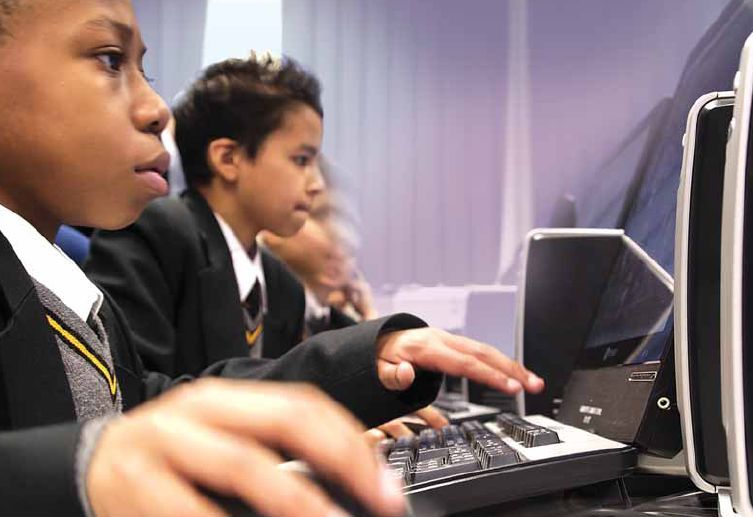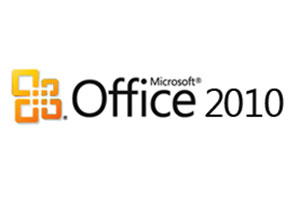Becta: Technology can be a catalyst for education reform
Launch of annual report calls on education sector to follow industry's lead in technology.


Technology must be recognised and accepted as a catalyst for change in education, much the same way it has been in industry, according to Becta, a government-linked body promoting the use of IT in education.
At the launch of the Becta's annual report, chairman Andrew Pinder said that the education sector must take on technology with the same leadership, drive and enthusiasm for change as industry.
"Throughout history technology has been the catalyst for change in industry," said Pinder. "If it can do that for industry, why can't it do the same for education?"Indeed, industry requires education to follow its lead, Pinder said. "Industry demands a skilled, educated and enthusiastic workforce, and one that is at home in using the latest technology," he said. "Our schools and colleges have a duty to ensure that demand is met."
However, it is not just about supplying a skilled workforce, said Becta's chief executive, Stephen Crowe. "We know that, used effectively, technology for learning can help to narrow achievement gaps, help more people to achieve and continue their learning, and motivate and support those who are disaffected and disengaged to succeed within the system," he added.
As part of the annual report, Becta released the results of its study into technology integration. Becta and the Department for Education and Skills (DfES) started the ICT Test Bed project in 2002 to look at how technology could be integrated into classrooms to improve education.
Over thirty primary, secondary and further education colleges in Sandwell, Durham, and Barking and Dagenham - areas chosen because of their relative social and economic disadvantages - were given money to spend how they chose on technology and training.
As technology became more embedded in schools, national test outcomes improved. As well, electronic registration improved attendance by as much as four per cent and better management cut teachers' administrative burdens.
Get the ITPro daily newsletter
Sign up today and you will receive a free copy of our Future Focus 2025 report - the leading guidance on AI, cybersecurity and other IT challenges as per 700+ senior executives
"We have said for some time now that if technology is used properly in the classroom it can help to produce a major improvement in results. Not just in academic achievement, but also in involvement, attendance and in the overall efficiency of the institution," said Crowne.
Schools Minister Jim Knight said the project will be replicated across the country, adding that the government has already invested billions in educational ICT in the past decade.
"Technology is already supporting teachers raising standards in our schools and equipping young people to exploit the future knowledge economy," Knight said. "That's why we have already invested over 5 billion in ICT in schools since 1998 - trebling the ratio of computers to pupils in primary schools, put interactive whiteboards into classrooms and connected nearly every school to high-speed broadband."
Despite the investment, cost cutting is still a top issue. Becta announced it was committed to driving savings of 100 million over the next three years across education, helped by new procurement agreements with suppliers to cut costs of schools and colleges upgrading their IT equipment. The body claims that its purchasing frameworks have already saved 29 million on interactive whiteboards, while a single agreement with one software provider saved 80 million over four years.
Freelance journalist Nicole Kobie first started writing for ITPro in 2007, with bylines in New Scientist, Wired, PC Pro and many more.
Nicole the author of a book about the history of technology, The Long History of the Future.
-
 Bigger salaries, more burnout: Is the CISO role in crisis?
Bigger salaries, more burnout: Is the CISO role in crisis?In-depth CISOs are more stressed than ever before – but why is this and what can be done?
By Kate O'Flaherty Published
-
 Cheap cyber crime kits can be bought on the dark web for less than $25
Cheap cyber crime kits can be bought on the dark web for less than $25News Research from NordVPN shows phishing kits are now widely available on the dark web and via messaging apps like Telegram, and are often selling for less than $25.
By Emma Woollacott Published
-
 Touchjet Pond review
Touchjet Pond reviewReviews This Android-powered projector wants to replace your interactive whiteboard
By Mike Passingham Published
-
 Microsoft Office 2010 beta review
Microsoft Office 2010 beta reviewReviews The beta of Microsoft Office 2010 is now available for the public to download. We find out what’s new since the Technical Preview rolled out over the summer.
By Simon Jones Published
-
 More internet access needed in classrooms say teachers
More internet access needed in classrooms say teachersNews Over a third of teachers feel internet access makes 'dramatic impact' on student results
By Iain Thomson Published